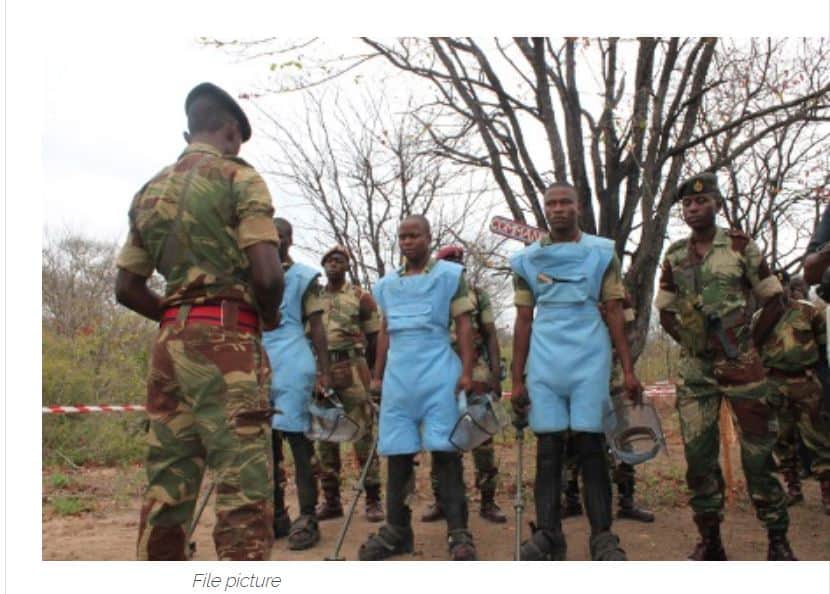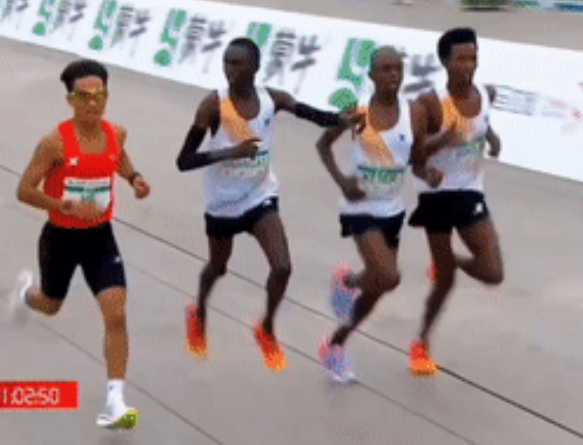Only 17 people made the cut to join the Zimbabwe National Army (ZNA) last week at Chikombedzi, despite the army relaxing its entry requirements for marginalised communities, an official has said.
Chiredzi South MP, Rtd Brig Gen Calisto Gwanetsa said only 17 people from Chiredzi qualified after other pre-requisites such as physical fitness, aptitudes test and body mass index-related to body and capability of being a soldier were waived.
Standard requirements for the intake were five ‘O’ level subjects, but Chiredzi just like Binga, Kezi, Maphisa, Mbire and other border areas, were exempted due to their dispositions, with candidates having a minimum of two subjects allowed to attest.
Other requirements were that those from Chiredzi would be given preference and only those with national registration numbers starting and ending with 14 were considered.
“The age limit was between 18 and 22 and preferably those who sat for Ordinary Level exams between 2017 and 2018. Those with Advanced Levels were being considered for officer cadets and artisan positions, but strictly on regional basis.
“Despite all the exemptions, very few met those requirements. They tried by all means to favour those from the rural areas of Chiredzi, but to no avail. They even went to the extent of saying those from Chiredzi who sat for exams outside Chiredzi and in particular in major urban centres were not considered, but that did not help (either),” Gwanetsa said.
He said out of seven wards in his constituency, only four have secondary educational qualifications and most of the people do not have primary documents.
“We have been harping on the same string about how people from Chiredzi are critically neglected and marginalised, but to no avail. If we do not have people with two Ordinary Level passes, do you then expect us to have teachers or nurses from the area? I think it is important for us to continue encouraging our communities to go to school.
“Remember my constituency borders Mozambique and South Africa, so most children skip the border after completing Grade Seven to look for employment (in neighbouring countries),” Gwanetsa said.
agencies














